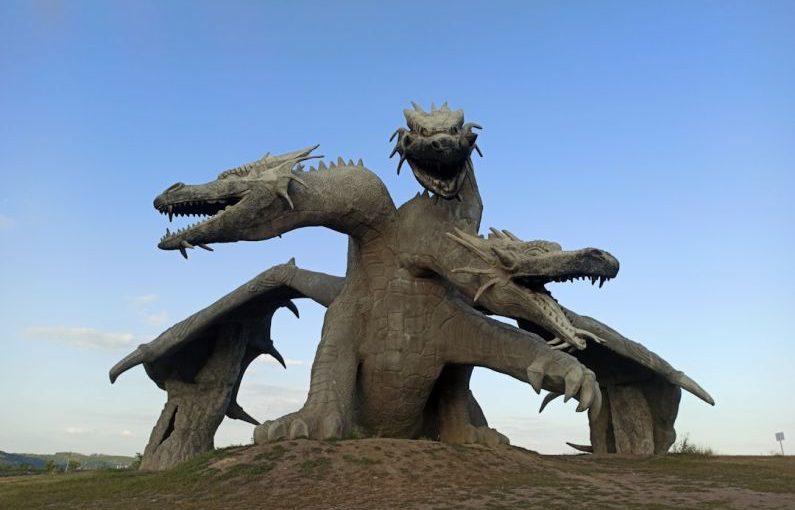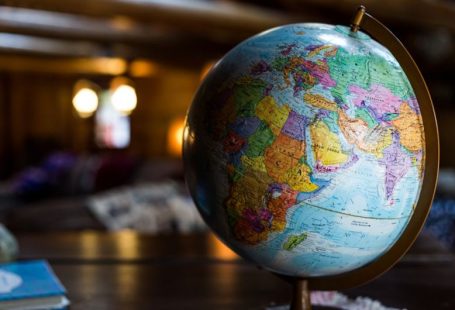Russian folklore, with its rich tapestry of myths, legends, and fairy tales, holds a significant place in the country’s cultural heritage. Embedded in the hearts and minds of the Russian people, these tales have not only entertained generations but have also played a crucial role in shaping the country’s cultural identity. From Baba Yaga to the Firebird, Russian folklore is a treasure trove of fantastical characters and stories that continue to captivate audiences worldwide.
Preserving Tradition Through Oral Storytelling
At the core of Russian folklore is the tradition of oral storytelling, where tales were passed down from generation to generation through spoken word. This ancient practice not only served as a form of entertainment but also as a way to preserve cultural values and traditions. The oral tradition of storytelling allowed for the flexibility of stories to evolve and adapt to the changing times while maintaining their essence.
Characters of Russian Folklore
Russian folklore is replete with a diverse cast of characters that embody the hopes, fears, and dreams of the Russian people. From the wise and enigmatic Baba Yaga, the fearsome witch who lives in a hut on chicken legs, to the noble and magical Firebird, whose feathers bring good fortune to those who catch her, these characters are deeply ingrained in the collective consciousness of the Russian people. Each character represents a facet of human nature, with their stories serving as allegories for life’s trials and triumphs.
Themes and Symbolism
Themes of good versus evil, love and betrayal, and the triumph of the human spirit are prevalent throughout Russian folklore. These stories often feature moral lessons and allegorical elements that reflect the complexities of the human experience. The symbolism found in Russian folklore speaks to universal truths and resonates with audiences across cultures and generations.
Influence on Russian Literature and Arts
The influence of Russian folklore on the country’s literature and arts cannot be overstated. Writers such as Alexander Pushkin and Nikolai Gogol drew inspiration from folk tales and legends, incorporating elements of folklore into their works. The fantastical and mystical qualities of Russian folklore continue to inspire contemporary authors, artists, and filmmakers, shaping the cultural landscape of the country.
Cultural Identity and National Pride
Russian folklore plays a crucial role in shaping the cultural identity of the Russian people and fostering a sense of national pride. These tales serve as a link to the country’s past, connecting present-day Russians to their ancestors and heritage. By celebrating and preserving their folklore, Russians reaffirm their unique cultural identity and strengthen their bonds as a nation.
Global Influence and Legacy
The impact of Russian folklore extends beyond the borders of the country, influencing art, literature, and popular culture around the world. The iconic characters and timeless stories of Russian folklore have captured the imagination of audiences globally, transcending language and cultural barriers. From ballets and operas to animated films and novels, the legacy of Russian folklore continues to thrive in the modern era.
In conclusion…
Russian folklore, with its timeless tales and captivating characters, holds a special place in the hearts of the Russian people and continues to shape the cultural landscape of the country. Through oral storytelling, symbolic themes, and artistic expression, Russian folklore has left an indelible mark on the world, inspiring generations to embrace their cultural heritage and celebrate the power of storytelling. As long as these tales are passed down and cherished, the legacy of Russian folklore will endure, ensuring that its cultural impact remains everlasting.





